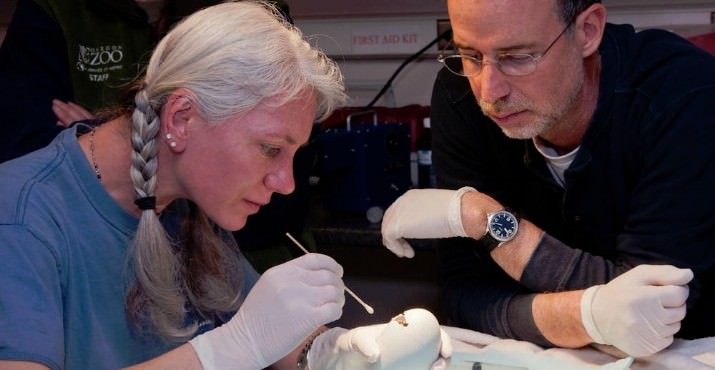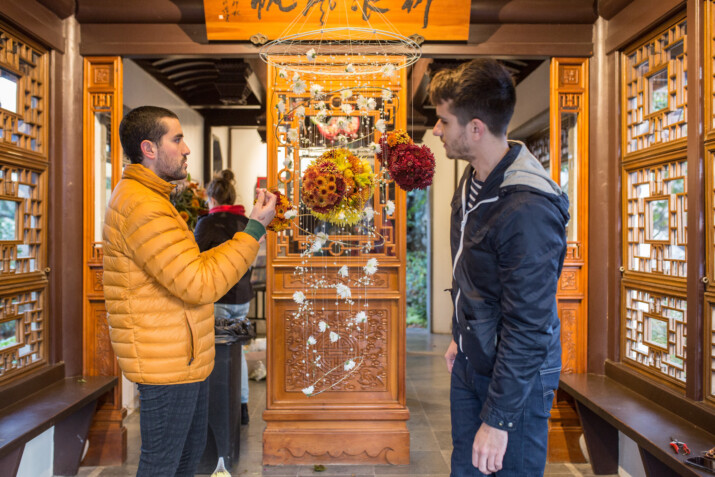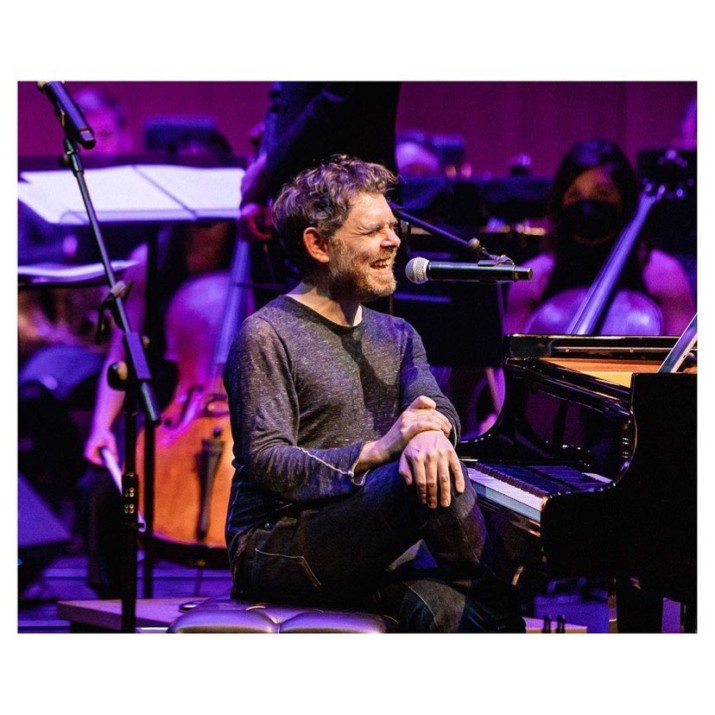Portland, October 11th, 2013. Nikita Zimov, director of Siberia’s Pleistocene Park, joins experts from the Oregon Zoo Oct. 14 for an evening of conversation about conservation, presented by the Lewis & Clark College environmental studies program.
The event, which kicks off Lewis & Clark’s 16th annual environmental affairs symposium, will be hosted at the Oregon Zoo’s Cascade Crest ballroom from 6 to 9 p.m. Doors open at 5 p.m. Admission is $10.
This year’s symposium, which runs Oct. 14-18, explores “The Nature of the Unnatural” — modifications of our biophysical surroundings that are considered “unnatural.” Experts will discuss issues such as genetically modified organisms, species resurrection, rewilding, ecological restoration and artificial intelligence.
At the Oct. 14 kickoff event, Zimov will speak about the past and future of the mammoth steppe ecosystem, Oregon Zoo condor keeper Kelli Walker will discuss aspects of the zoo’s participation in the California Condor Recovery Program, and Oregon Zoo education curator Grant Spickelmier will address the changing nature of zoos and their increasing focus on wildlife education and conservation.
Zimov is the director of Pleistocene Park, a project that is importing megafauna like horses, bison, tigers — and perhaps even clones of the wooly mammoth — into Siberia to cause massive landscape-scale ecological change. As the animals adapt, a newly engineered ecosystem will develop that mimics the function of Siberian grasslands at the end of the Ice Age. Once one of the world’s dominant biomes, these grasslands will serve as a large-scale experiment, help solve unanswered questions about the roles of humans in early mass extinctions, and could — by acting as a carbon sink — become a major part of the fight against global climate change.
The zoo is a service of Metro and is dedicated to its mission of inspiring the community to create a better future for wildlife. Committed to conservation, the zoo is currently working to save endangered California condors, Oregon silverspot and Taylor’s checkerspot butterflies, western pond turtles and Oregon spotted frogs. Other projects include studies on Asian elephants, polar bears, orangutans and giant pandas. Celebrating 125 years of community support, the zoo relies in part on donations through the Oregon Zoo Foundation to undertake these and many other animal welfare, education and sustainability programs.
The zoo opens at 9 a.m. daily and is located five minutes from downtown Portland, just off Highway 26. The zoo is also accessible by MAX light rail line. Visitors who travel to the zoo via MAX receive $1.50 off zoo admission. Call TriMet Customer Service, 503-238-RIDE (7433), or visit www.trimet.org for fare and route information.
General zoo admission is $11.50 (ages 12-64), $10 for seniors (65 and up), $8.50 for children (ages 3-11) and free for those 2 and younger; 25 cents of the admission price helps fund regional conservation projects through the zoo’s Future for Wildlife program. A parking fee of $4 per car is also required. Additional information is available at www.oregonzoo.org or by calling 503-226-1561.
















